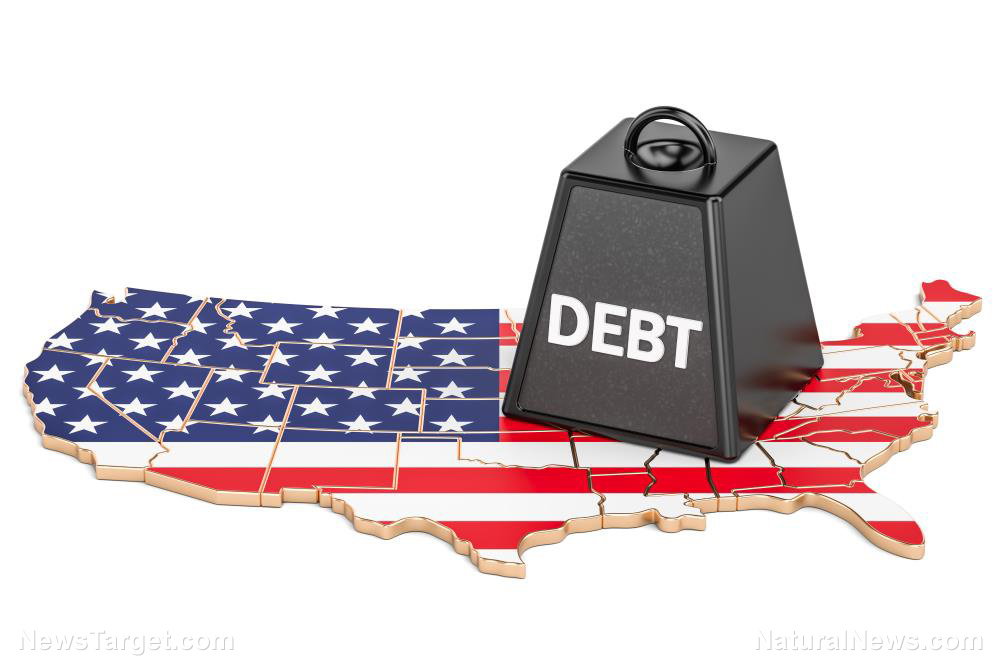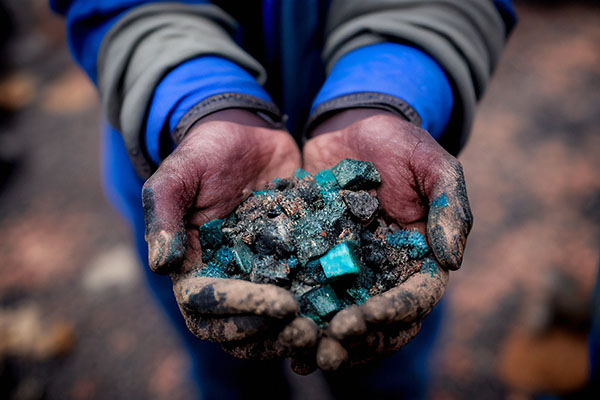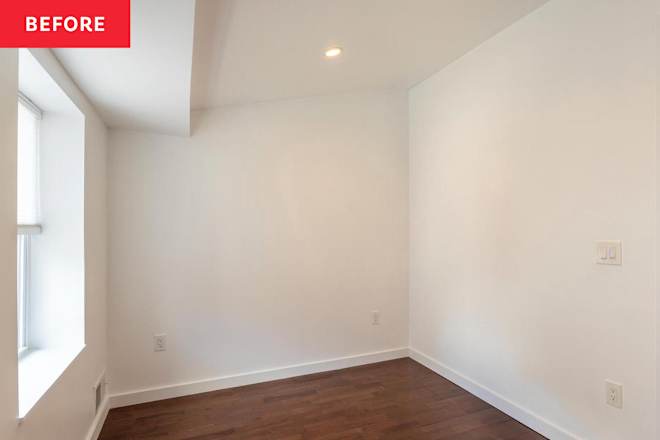Is LA burning? How to protect cities from the next massive wildfire
There are ways to prevent these fires from wreaking such devastation.

Wildfire events affecting communities have grown in severity and number over the last several years. The California wildfires earlier this year caused extreme devastation to heavily populated communities, killing dozens of residents and causing between $95 billion and $275 billion in economic losses, according to estimates from UCLA and Accuweather.
By some measures, it was one of the worst wildfire events in history. But the scale of destruction, losses and impact on communities has been predicted. And there are ways to prevent these fires from wreaking such devastation.
Federal reforms are needed to harden the built environment — our homes, schools, businesses and communities — against fires and to better prepare the natural environment so that fires are less frequent and powerful. The Fix Our Forests Act, which has been introduced in the House and Senate, is a critical step to address these concerns and reduce wildfire risk, safeguard lives and protect communities.
The House passed its bipartisan bill, led by Reps. Bruce Westerman (R-Ark.) and Scott Peters (D-Calif.) in January, following the Los Angeles fires, and in April, Sens. John Curtis (R-Utah), John Hickenlooper (D-Colo), Tim Sheehy (R-Mont.) and Alejandro Padilla (D-Calif.) introduced a similar version. This legislation now awaits action in the Senate, where lawmakers can build on the strong bipartisan product passed by the House.
Both versions of the Fix Our Forests Act include many of the federal Wildland Fire Mitigation and Management Commission’s recommendations, including a strong vision for a combined science and technology ”fireshed” or “wildfire intelligence” center. This would improve fire prediction, fire management and response support across what are now scattered efforts in multiple agencies.
Additionally, both versions include another commission recommendation to establish a Community Wildfire Risk Reduction program to help communities prepare for fire and harden structures against flames, radiant heat and windborne embers that lead to structure ignition and fire spread, devastating entire communities.
The Senate has built on the House-passed bill to support fire-resistant building methods, codes and standards, including ignition-resistant construction, retrofitting and defensible space. It also requires input from state, local and tribal governments, and other stakeholders to ensure efficient and effective program design and delivery.
The communities of Los Angeles, Paradise, and Altadena, Calif., Lahaina, Hawaii, Boulder, Colo., Gatlinburg, Tenn., Malden, Wash., and Talent and Phoenix, Ore., all bear painful witness to an uncomfortable new reality. We are experiencing fires that burn not on the outskirts of towns and cities, but directly into and through them.
The time is now for the Senate to advance its bill, and for Congress to ultimately pass a final bill to reduce wildfire risk, safeguard lives and protect communities.
As we work to prevent wildfires, we must also focus on the rebuilding phase. As communities in Los Angeles move forward, it is critical that we build back smarter. Survivability and insurability are important elements to the rebuilding process.
Adopting the Insurance Institute for Business and Home Safety's Wildfire Prepared Home standards will help homeowners reduce their homes’ risk of wildfire. This includes fully implementing building codes, such as California’s Chapter 7A, which covers wildland urban interface spaces. Fire and smoke protection features should also be applied to all rebuilding regardless of location.
We know that acting upon these recommendations cannot restore what has been lost. But we also know that inaction consigns us to an ever-increasing cycle of loss.
David A. Sampson is the president and CEO of the American Property Casualty Insurance Association. He was a member of the Wildland Fire Mitigation and Management Commission and served in the Property Development Industry seat.

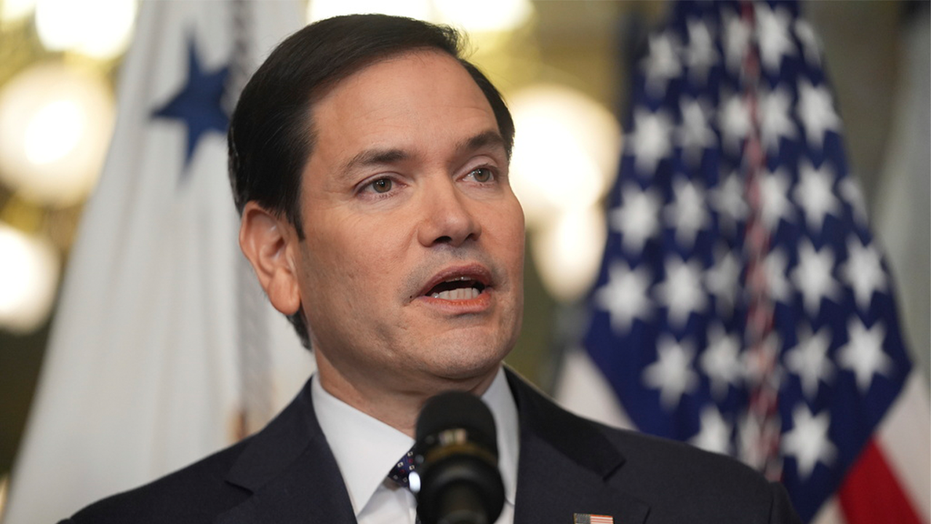


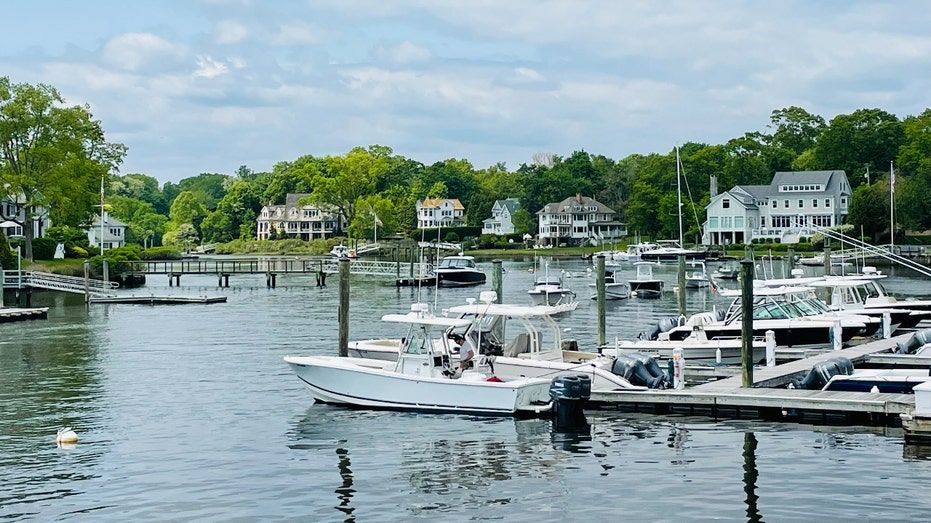















_Brian_Jackson_Alamy.jpg?width=1280&auto=webp&quality=80&disable=upscale#)






















